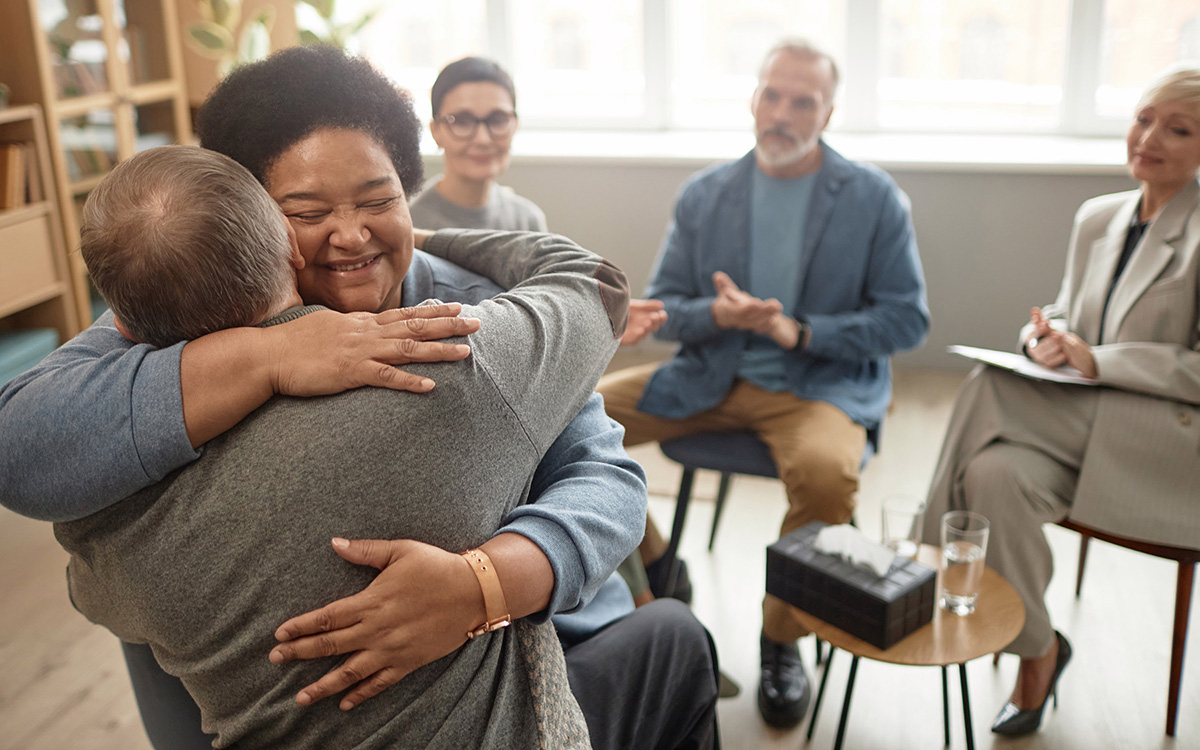Article by Gwen Jones, Department of Family Services
(Posted 2025 August)

 People with hoarding disorder have a hard time letting go of things, even if they don’t need them or the items don’t have much value. Over time, their belongings pile up, making their home difficult to use and even unsafe to live in. The first step to getting better is for the person to recognize the problem and ask for help. Here are some helpful resources and services to support them on their journey.
People with hoarding disorder have a hard time letting go of things, even if they don’t need them or the items don’t have much value. Over time, their belongings pile up, making their home difficult to use and even unsafe to live in. The first step to getting better is for the person to recognize the problem and ask for help. Here are some helpful resources and services to support them on their journey.
Mental Health Help, Education, and Support Groups
Hoarding disorder is a mental health issue, so it’s important to get treatment to address what’s causing it and learn ways to manage it. Joining a support group can also provide understanding and connection. Here are some resources:
- International OCD Foundation (IOCDF): This group supports people with obsessive compulsive disorder (OCD) and related disorders, including hoarding. Visit iocdf.org to find therapists, support groups, and educational resources.
- Anxiety and Depression Association of America (ADAA): You can find therapists, educational materials, and free mental health webinars at adaa.org.
- Institute for Challenging Disorganization: This group focuses on helping people who struggle with disorganization. Visit challengingdisorganization.org for education, strategies, and tools.
- Clutterers Anonymous: This is a supportive community for people who compulsively clutter. They follow a 12-step program. Check out clutterersanonymous.org for resources and meetings.
- Children of Hoarders: Adult children of hoarders can visit this online forum for information, support, and sharing experiences. Visit childrenofhoarders.com for details.
Home Decluttering
Clearing out a home affected by hoarding can take a lot of work. These programs and professionals can help:
- National Organization of Professional Organizers (NAPO): Visit napo.net to search for organizers who can help sort and remove items.
- Conquer the Clutter: A company in the DMV area that specializes in helping people with hoarding disorder. Visit conquertheclutter.org for details.
- Better Business Bureau Virginia: Use bbb.org/us/va to find organizers, cleaners, contractors, and more.
Help with Basic Needs in Fairfax County
Learn about resources, eligibility requirements, and how you can access services:
- Public Assistance and Employment Services: Visit FairfaxCounty.gov/familyservices/public-assistance-employment-services to learn how to apply for food, medical, financial, and energy assistance programs. They also offer a wide range of employment services for people of all ages.
- Coordinated Services Planning: Call 703-222-0880 for a variety of assistance, including food, shelter, employment, financial assistance, healthcare and more.
- The Human Services Resource Guide: A searchable database with information on thousands of nonprofit and government services available to Fairfax County residents. Visit fairfacs.powerappsportals.us/resource-guide/ to search the HSRG.
- Aging, Disability & Caregiver Resources Line: Call 703–324–7948, TTY 711, to learn about programs and services for older adults, adults with disabilities and family caregivers. These include transportation, home delivered meals, in-home care, home repair, and more. You can also visit FairfaxCounty.gov/familyservices/older-adults for more information.
To read previous articles from our series on hoarding disorder, visit FairfaxCounty.gov/familyservices/older-adults/golden-gazette/archive.
This article is part of the Golden Gazette monthly newsletter which covers a variety of topics and community news concerning older adults and caregivers in Fairfax County. Are you new to the Golden Gazette? Don’t miss out on future newsletters! Subscribe to get the electronic or free printed version mailed to you. Have a suggestion for a topic? Share it in an email or call 703-324-GOLD (4653).

